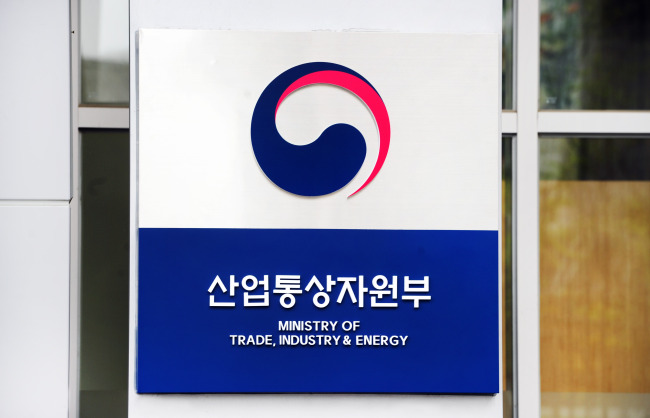The South Korean government is looking to the upcoming 2018 PyeongChang Winter Olympics as beacon for providing additional means and opportunity in which the country can expand its economic territory and extend multilateral Free Trade Agreement talks with leaders from Eurasian nations, according to local trade officials on Thursday.
The winter games, which will launch in February, will play host to a sleuth of economic and political figures from the Eurasian Economic Union, including Russia, Belarus and Armenia. South Korea currently maintains FTAs with 52 countries, and according to the Ministry of Trade, the country is hoping to expand its trade footprint to reach Eurasian nations excluded from the EU.
In particular, the government is narrowing its focus on the Eurasian Economic Union, which has been building its global reputation as having bolstering economic markets and rich in natural gas and other natural resources.
The EAEU is an economic union with member states located primarily in northern Eurasia and came into force on January 2015. As a single market, the EAEU consists of nearly 180 million people with gross domestic product exceeding $1 trillion.
During his state visit to Russia in September, President Moon Jae-in also reiterated his intention to establish trade deals in Eurasia. In his keynote address at the Eastern Economic Forum in Vladivostok, Moon said, he hoped to push ahead with a trade agreement with EAEU, initiated by Russia.
In addition, Moon extended an invitation to President Vladimir Putin to attend the Olympic Games saying, “If you visit PyeongChang, summit talks will be naturally restored.”
Paik Un-gyu, the minister of trade, added that the government hopes to be able to start early stage negotiations with President Putin during the PyeongChang Games.
The Korean government is currently in the midst of prepping for revision talks with its US counterpart regarding the five-year-old Korea-US Free Trade Agreement, as the Donald Trump administration is looking to tacking America’s trade deficit with Korea, referring to the bilateral trade deal as “horrible.”
Earlier this month the Ministry of Trade, Industry and Energy held a public hearing of the KORUS FTA, accordance with the FTA amendment negotiation procedures to collect public opinion on the trade deal. The hearing, however, was interrupted by a group of local farmers fiercely protesting on behalf of members of the country’s agricultural sector, who are demanding the Seoul government terminate the agreement.
The farmers argued that the government’s economic feasibility study, in which it intends to use a its basis for negotiations with the US, inaccurately represented the country’s struggling farming sector and that increased agricultural imports from the Western country threatened their livelihood.
Following the public hearing, the local government went on to state it will stand strong against the US should its counterpart request further openness of the country’s agricultural market.
“The government does not intend to form any sort of deals (with the US) that would shift the balance of interest against us,” Yoo Myung-hee, the director general for trade policy, said during a meeting with people from the agricultural sector on Wednesday.
The Ministry of Trade will hold a second public hearing on the FTA on Dec. 1.
By Julie Jackson ([email protected])


